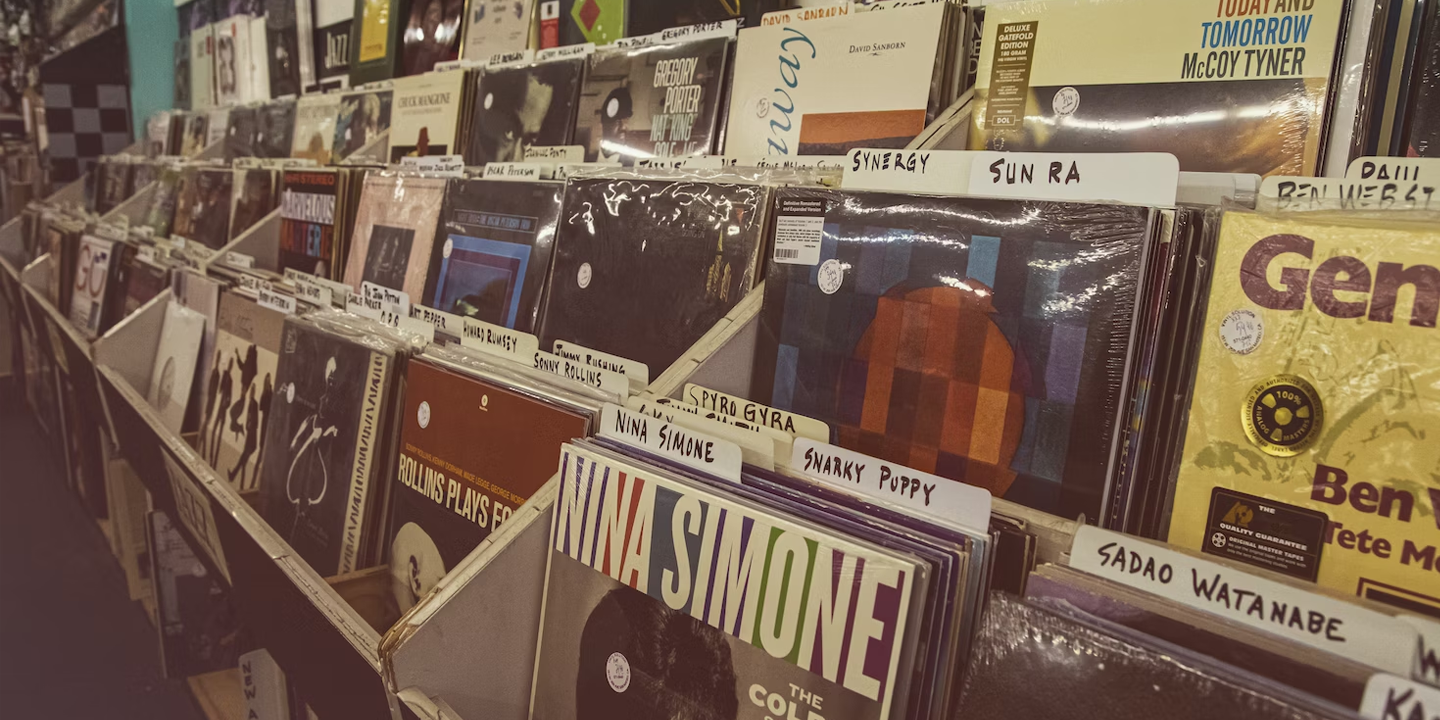Set Yourself Up for Success
If you've ever tried learning a new language, you know how difficult and time-consuming it can be. Sure, it might seem rewarding at first, but it can get overwhelming (and discouraging) quickly, especially if you're not prepared. But don't give up just yet—with the right mindset, you can make the journey much smoother. So, before you dive into your textbook or language app, here are 20 things you should know first that'll set you up for success.
1. Progress Will Be Slow
Learning a new language isn't easy; that much is obvious. And even if you're hit with a burst of motivation initially, your progress will eventually begin to plateau and slow down. It might feel discouraging when you get to this stage, but it's important to realize it's part of the process, and you'll need to continue pushing yourself to push through.
2. Mistakes Are Inevitable
You're not going to be perfect, and especially not when you're a new learner and just starting to dip your toes into new vocabulary and sentence structures. But even though mistakes are inevitable, you shouldn't let them discourage you. Every time your errors are corrected, that's only going to help build your knowledge more.
3. Language Learning Apps Are Just One Tool
Learning language apps might be useful in that you can learn anywhere, anytime, but you should remember that they're just one tool. As interactive and motivating as they are, don't overlook traditional textbooks and workbooks that can help reinforce the learning—and sometimes expose you to better, accurate structures, with insight into the culture and deeper meanings behind certain words.
4. You'll Learn Better Watching Native Content
Something else that's helpful when learning a new language? Implicit learning by watching native content. Initially, you'll likely need to leave the subtitles on to get a good grasp of what the characters are saying on screen, but over time, as you absorb more and more of the vocabulary and grammar, you'll start to pick it up better and may even be able to forgo the captions entirely. Native content also gives you a clear example of how locals speak amongst themselves—something your textbooks and apps probably don't cover.
5. You Need to Speak Even When You're Not Perfect
When you're just starting out, it can feel embarrassing to practice aloud, especially with natives. But you need to speak up even when you're not perfect; that's how you'll improve, after all. Plus, even if you're corrected, you'll often be told not just how to correct it, but why. Treat it like a mini tutoring session.
 Christina @ wocintechchat.com on Unsplash
Christina @ wocintechchat.com on Unsplash
6. Native Speakers Care Less About Mistakes Than You Think
Believe it or not, native speakers don't care too much about how imperfect you are. You're learning; you're bound to make mistakes. They're more likely to be impressed and happy about the fact that you wanted to learn their language, than to nitpick every mistake you make.
7. You'll Need to Actively Carve Out Time
Learning a new language is a time-consuming task. It may take years of intense practice before you even feel confident enough to speak it daily, with natives. This means you must actively carve out time in order to progress, which could mean dedicating 2-3 hours every day to study and learn.
8. If You Don't Practice, You'll Lose It
Technically, you won't ever really "lose" a language you've spent time learning, unless you weren't taking it too seriously in the first place. But the sentiment still rings true to an extent: if you skimp on practice, you won't progress as fast or as much, and you may eventually end up back at square one.
9. Conversing with Natives Boosts Progress
Just like how watching native content boosts progress, conversing with natives can help your learning journey immensely and skyrocket your growth. Not only can you treat these as mini tutoring sessions, but these conversations may also expose you to new slang terms and phrases you wouldn't have learned in a textbook.
10. You May Never Get the Pronunciation & Accent Down
Sometimes, a language might have certain words and pronunciation styles that you'll never truly get down, even when you practice daily. You may never get the accent down, either, meaning natives will usually be able to tell it's not your mother tongue. But don't let these things discourage you—the fact that you can communicate in a whole new language is an incredible feat in itself.
11. Social Media Might Help
Social media might seem like an unlikely place to go to when learning a new language, but these apps can help more than you think—even more so than your typical language learning apps. Why? Because you have real native speakers on there who may give out free lessons (and teach you phrases you might not learn elsewhere), and watching them may accelerate your progress.
12. Your Native Tongue Might Complicate Things
Sometimes, you may struggle getting the pronunciation and accent of a new language down simply because it conflicts with your native tongue. Plus, when the grammar rules and sentence structures you grew up with are completely different from the new language you're learning, it can be challenging to remember which parts of speech go where.
13. Don't Study Above Your Level
You might be tempted when you make great progress in a short amount of time, but don't study above your level. If you do, you'll only confuse yourself more, and that may end up discouraging you. Stay patient and stick to the stage you're in, even when it feels like you "know everything already." (Spoiler alert: you don't.)
14. You'll Never Feel "Perfect Enough"
You could be years into your learning journey and still feel like you're not "perfect enough." But again, native speakers will be more impressed by the fact that you went out of your way to learn their mother tongue, than to criticize your pronunciation or occasional slip-ups. Don't be too harsh on yourself!
15. Translating Native Songs Can Boost Progress Too
Another way you can boost your progress is to try translating native songs into your mother tongue. Use the knowledge you've learned to pick up familiar words and structures, then try to piece parts together to interpret the meaning. Analyzing and translating in this way not only helps to reinforce your learning, but also allows you to better understand the nuances behind certain phrases. Plus, it'll completely transform the listening experience!
16. Writing Is Harder Than You Think
It's not just stringing sentences together that's hard, but certain languages have characters written in specific ways or strokes, and it might take you a while before you're able to write them in the way a native would. Take Japanese, for example, where a local would likely be able to tell right away if you were a native speaker or not based on the way you write.
17. Speak Out Loud Often...
As previously mentioned, learning a new language is more than just memorizing words and grammar and sentence structures. Knowing how to converse in it is just as important. So, even if it's embarrassing and you're afraid of pronouncing things wrong, find a native speaker to chat with and practice aloud!
18. ... But Make Sure to Listen Too
While speaking is important as it helps reinforce your learning, make sure to listen, too. You can learn a lot from just hearing the way native speakers converse, how phrases are shortened, how they end their sentences, what other words they use in place of a term you learned. Even their intonation can tell you a lot more than you think.
19. It'll Change How You See & Interact with the World
When you learn a new language, it'll change the way you see and interact with the world around you, simply because you've exposed yourself to an entirely different culture. It'll certainly make your travels more interesting, and allow you to converse with others in a language that's different from your mother tongue.
20. Just Start—Don't Keep Planning Forever
Sometimes, the hardest part is starting. You might plan out how you'll approach your routine, what materials you'll start with, which study routine is the best. But the more you stretch things out without actually starting, the more you might lose motivation and never end up doing it. Our advice? Don't sweat the small stuff just yet—start first!



























